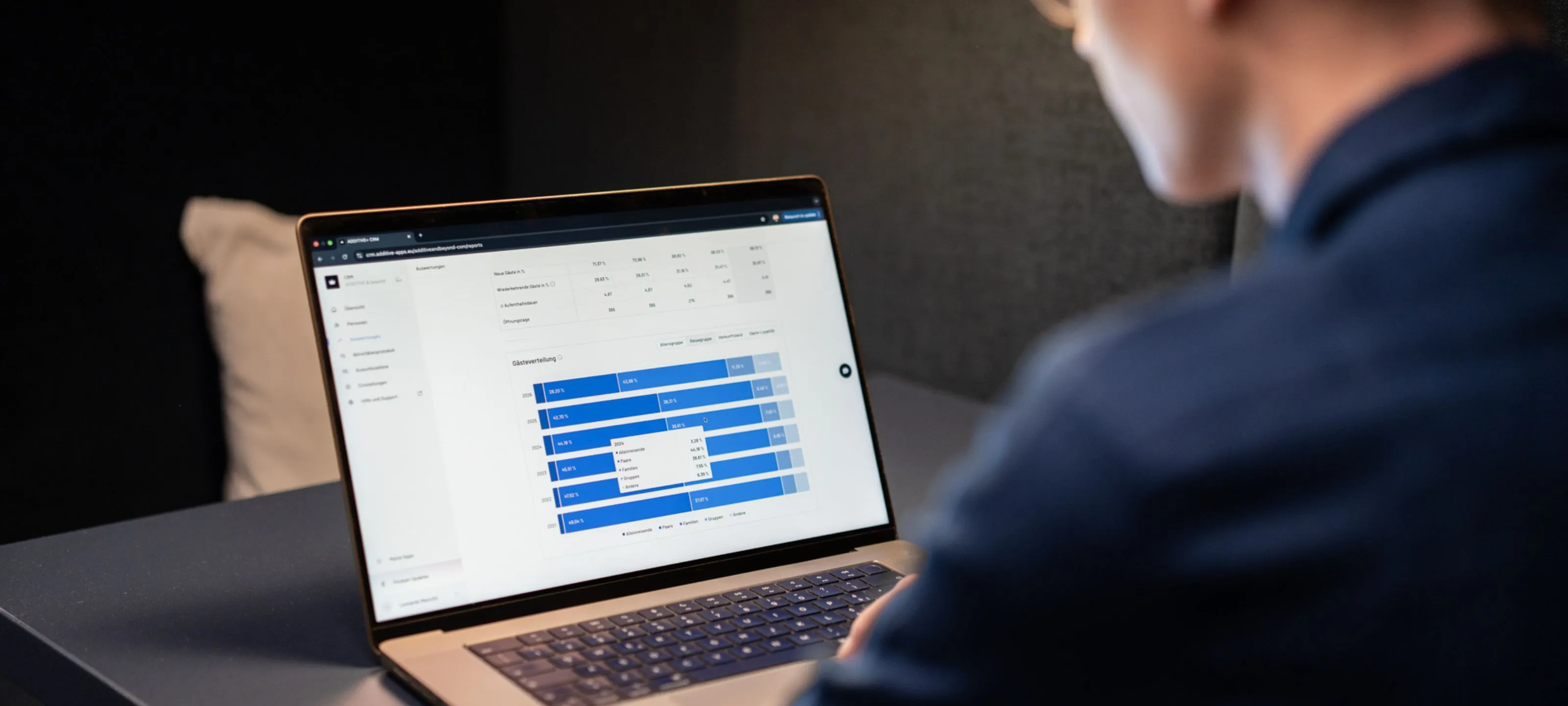
Guest Life Cycle: The Key to Optimizing Hotel Profits

The guest lifecycle is a valuable concept for hoteliers aiming to maximize revenue optimization. Learn how targeted engagement and care at each stage of the cycle can sustainably enhance your hotel’s success.
With the practical concept of the Guest Life Cycle, including sample calculations, hoteliers earn more per guest. The guest who not only books a stay, but returns to the hotel more often, brings in more revenue. This seemingly obvious approach is often neglected in the hotel industry. Too often, the focus of online hotel marketing is on attracting new guests, rather than regularly and systematically nurturing existing guest relationships. After all, the longer the guest relationship, the higher the revenue. In this article, hoteliers and marketing managers will learn how to use the guest lifecycle model to increase guest loyalty and, in turn, hotel revenue.
The Guest Lifecycle for Revenue Optimization
The guest lifecycle (or customer lifecycle) is a term used in relationship-oriented hotel marketing to describe the value in dollars that a guest provides to a hotel over the course of his or her lifetime. This value is called Customer Lifetime Value (CLV). This idea, which seems theoretical at first glance, has a direct impact on a hotel's revenue and is therefore of great interest to hoteliers.It is easy to calculate and, in contrast to the often-used daily rate, provides concrete information about the expected revenue per guest. The goal is to continuously increase this index per guest and for all guests on average. All three parameters of the formula can be used as adjusting screws.
<div class="article_quote is-img">
<img
src="https://cdn.prod.website-files.com/673f1b4d7fc04861927e7983/67b8793639ea8ba42a9803b3_800x800px%20-%20Spende%202020%20an%20die%20Vereinigung%20fu%CC%88r%20krebskranke%20Kinder%20Peter%20Pan.png" loading="lazy" alt=""
class="article_quote_img">
<div class="article_quote_contain is-img">
<div class="article_quote_quote">
"The value of the guest lifecycle can be calculated easily and, unlike the commonly used loyalty rate, provides a concrete insight into the revenue expectation per guest."</div>
<div class="article_quote_name u-text-style-main">
Joachim Leiter
</div>
</div>
</div>
THE AVERAGE REVENUE PER RESERVATION
The first part of the formula is the average revenue per stay. How much money does a guest pay on average to stay at a hotel? For example, $500 for two nights, food and beverage, and a spa treatment.
NUMBER OF STAYS PER YEAR
The next metric to calculate the value of the guest lifecycle is the number of stays per year. How many times does a guest visit the hotel? If a guest books a vacation at the hotel on average every two years, this value is 0.5.
THE LENGTH OF THE GUEST RELATIONSHIP
The last factor in the formula is the expected length of the guest relationship. On average, how many years will the guest remain loyal to the hotel? This varies greatly depending on the location and guest structure. Resort hotels often have a higher level of guest loyalty than city hotels, which are characterized by one-time visitors. For the calculation example, an average guest relationship of 10 years is assumed.Thus, in this example, the guest not only brings the hotel 500 Euros through his first stay, but also gives the hotel the potential to generate 2,500 Euros, which is 5 times the value of the revenue. When guests are considered using the guest life cycle concept, all hotel marketing and sales activities are optimized to increase profits.
Marketing Automation Increases Value
An effective way to increase the value of the guest lifecycle is to use marketing automation software. Marketing automation software, or sales automation software for hotels, allows you to reach out to guests and potential guests in an efficient manner and reduce the time spent on repetitive standard tasks. The software performs a variety of tasks to keep in touch with the guest and maintain the relationship. Targeted, personalized communications across multiple channels, such as mailings, search engine ads like Hotel Google Ads, or social media ads, help build guest loyalty and drive revenue.
ONGOING COMMUNICATION
Hotel marketing automation software eases the burden of a hotel's marketing managers by sending messages to guest contacts through a link to the hotel's PMS (Property Management System) database. The increased frequency alone, which would not be possible manually, increases the likelihood of bookings and thus extends the guest lifecycle by increasing the number of stays.Ongoing communication encourages additional purchases in addition to return visits. Thus, upselling increases the first factor in the formula, the average reservation revenue per stay. This can be achieved by promoting additional offers such as room upgrades, spa treatments or other specials. Guests who are already familiar with the hotel like to take advantage of the same services to add value to their stay.
INCREASE AUDIENCE VALUE
Marketing automation for hotels helps properties identify and target guests with high guest lifecycle value. All three factors in the formula can be used. By evaluating these parameters, the guest is put through a qualification process to assess their revenue potential for the hotel. Another criterion is interested in booking. This is determined by the (potential) guest's interaction with the hotel. This includes visits to the hotel's website or landing page, as well as reactions such as likes and comments in social networks.
Book your Hotel Marketing Consultation:
15-Minute Expert Session - Free & without Obligation
- Exclusive one-on-one video call — free of charge, with no obligations
- In-depth assessment of your current digital marketing setup
- How to leverage guest data to drive direct revenue growth
- Proven strategies to boost occupancy and booking performance
The First Marketing Automation Software for Hotels
ADDITIVE+ MARKETING AUTOMATION offers a comprehensive solution tailored specifically to the needs of the hospitality industry. Communication across multiple languages—via emails, hotel newsletters, social media posts, social media ads, and Google Ads—is driven by a learning algorithm.
Regular, cross-channel hotel marketing helps properties attract new guests, retain repeat and loyal customers, and drive additional service sales. Landing pages automatically adapt to the advertising channel, target audience, and campaign to achieve the highest possible conversion rate. Existing guest data is processed in the background, analyzed, and segmented into target groups, which are engaged with relevant content at the optimal time.
Ongoing campaigns are continuously analyzed, with results informing the direction of future campaigns. Clear statistics provide insights into generated conversions, actual bookings, and revenue achieved.
For more information about ADDITIVE+ MARKETING AUTOMATION, schedule a non-binding consultation here to explore how automated software can benefit your hotel!
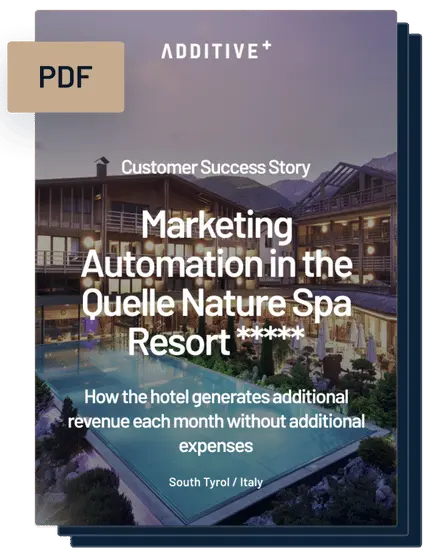






.jpg)

.jpg)
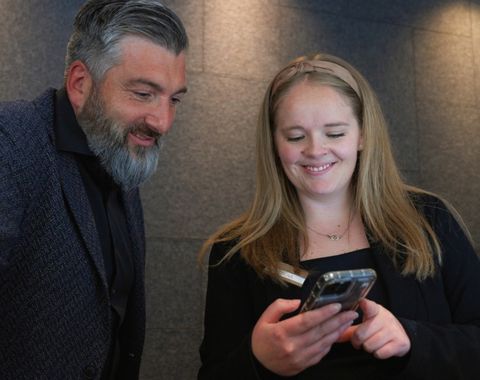
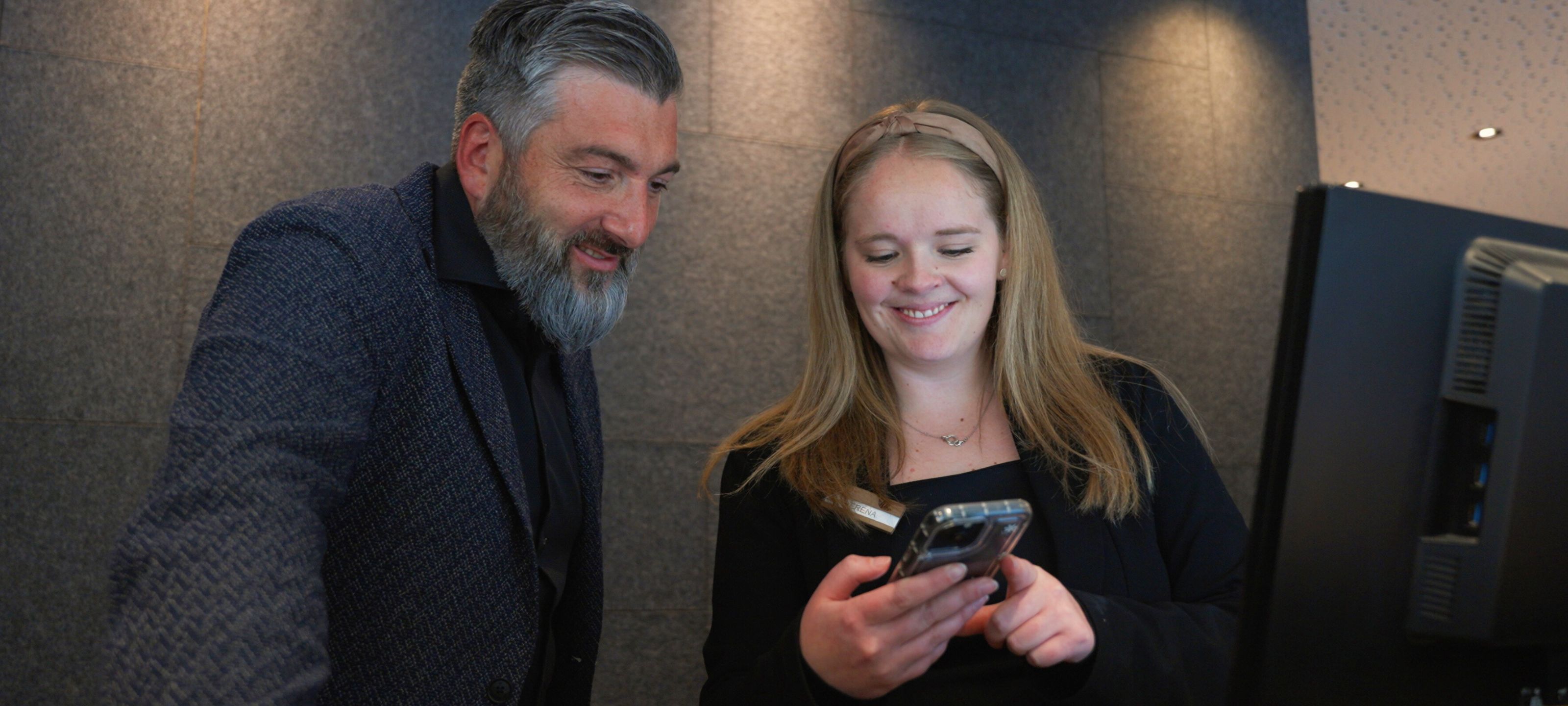
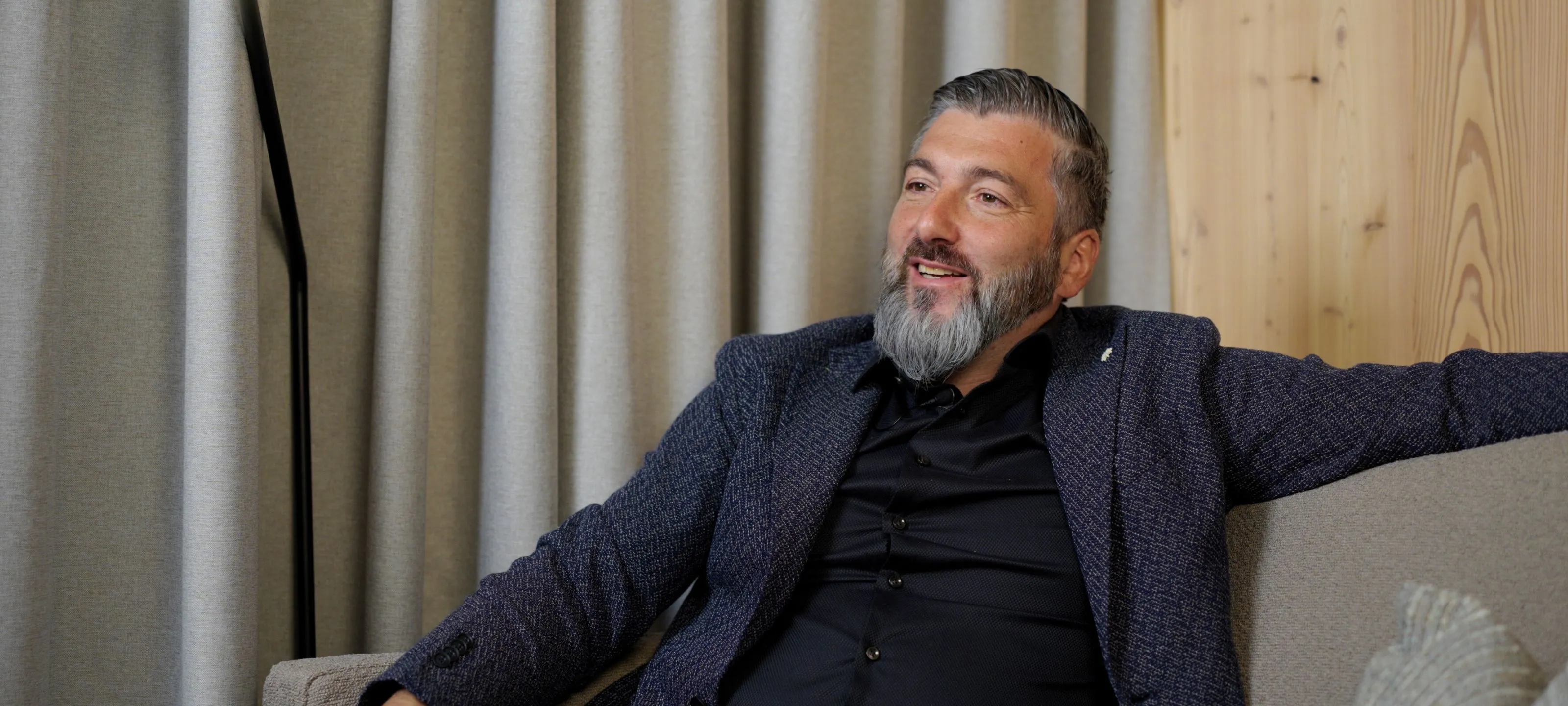
.webp)
